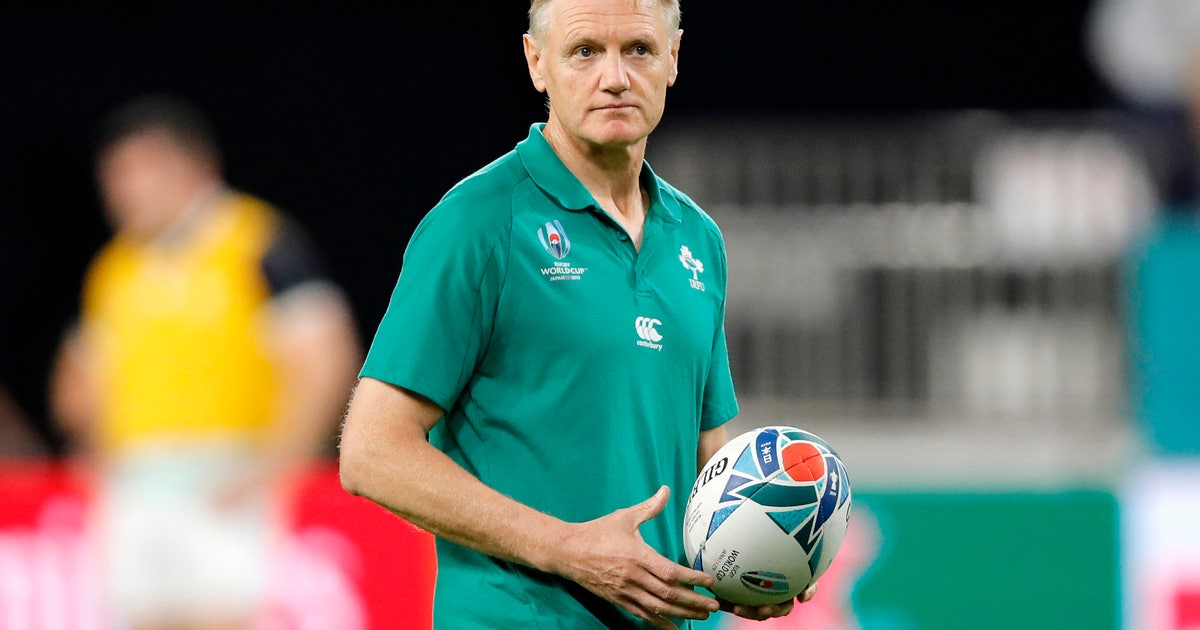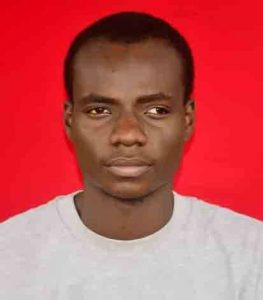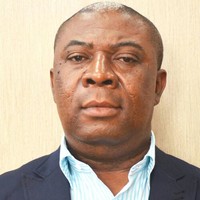Ireland braced for New Zealand backlash in RWC quarterfinals


TOKYO (AP) — The Irish were beaten and bruised two weeks after their historic first win over New Zealand, and Johnny Sexton is once again bracing for the backlash from the All Blacks.
This time, the Ireland flyhalf has flagged his concerns with match officials long before kickoff, rather than wait until the heat of the contest.
Ireland has never won a knockout game at the Rugby World Cup, and faces the toughest possible barrier to ending that run in a match against the defending champions on Saturday.
In Ireland’s favor are two recent wins over the All Blacks: The 2016 win in Chicago that broke a century-plus drought and another on home soil last November.
The All Blacks rarely lose back-to-back against any opposition. They avenged the Chicago loss with a 21-9 win in physical test in Dublin two weeks later and that was contentious for some of the defense.
Sexton’s complained during that game that New Zealand flanker Sam Cane was only penalized, not cautioned, for his reckless shoulder charge that knocked out Robbie Henshaw. All Blacks center Malakai Fekitoa was later yellow-carded for a high shot on Simon Zebo. No red cards were issued.
“That was almost the turning point for a lot of the rule changes about high tackles,” Sexton said on Friday. “Some of the yellow cards that were given out and some things that were missed, they would be reds now. They probably weren’t intentional at the time, but if they happened now there would be bigger consequences.”
World Rugby has tightened the rules on high tackles to reduce the risk of concussion, leading to an unprecedented number of red cards (7) at this World Cup, along with 25 yellow cards. Welsh referee Nigel Owens is expected to have zero tolerance for contact to the head or neck area at Tokyo Stadium.
Incidentally, Ireland lost center Bundee Aki for three games after he was red-carded for a high tackle against Samoa last weekend. The All Blacks were issued their first yellow cards for a high tackle this tournament when props Nepo Laulala and Ofa Tuungafasi were sin-binned in separate incidents against Namibia.
Of more immediate concern for Ireland is the fact it has never won a World Cup quarterfinal, despite some very close calls.
“There’s nothing we can do about the previous results, all we can do is concentrate now on putting in our best performance tomorrow — and that will give us a chance,” Sexton said. “We know we can create history and that would be special, but I can’t really (discuss) Ireland’s record because it’s been a different group every time.”
Ireland rose to the No. 1 ranking leading into the World Cup and was hot favorite to top Pool A, but an upset loss to Japan meant Joe Schmidt’s squad finished second in the group. It was never going to be an easy start to the knockout phase, though, with either three-time champion New Zealand or two-time champion South Africa waiting in the quarterfinals.
Ireland won the Six Nations Grand Slam in 2018 and capped the year with the 16-9 win over New Zealand in November, but was less consistent in 2019 with the apparent target of peaking in Japan.
“Yeah, it’s been a long time in the back of our minds, the likelihood always going to be a case that if we got through our pool we’d play South Africa or New Zealand,” Sexton said. “And we’re here now. It’s a little bit surreal. It’s a little bit, ‘I can’t believe it’s finally here.’
“So I’m really looking forward to going out there on the biggest stage and trying to show what we can do against the best team in the world, a team that hasn’t lost for two World Cups.”
The All Blacks’ backline has a relatively fresh feel, with Richie Mo’unga at flyhalf marking Sexton, and with Anton Lienert-Brown and Jack Goodhue combining in the centers to keep Sonny Bill Williams on the bench and Ryan Crotty out of the match-day 23. Young wingers Sevu Reece and George Bridge can expect an aerial testing from the Irish kickers, too.
“We have changed a lot of things in the last 12 months because we had to, due to some performances last year that we’re not proud of,” assistant coach Ian Foster said. “It’s a different group we have got. They’re excited, confident to play and our challenge around the big game is to make sure that we don’t dampen that confidence.”
Success breeds confidence, and the All Blacks have cause for that. New Zealand hasn’t lost a game at the World Cup since an upset defeat to France in the 2007 quarterfinals, a result that inspired back-to-back titles in 2011 at home and 2015 in England. Still, even the All Blacks get the flutters.
“Nerves? Heck, yeah,” Foster said Friday. But “it’s not about being nervous, it’s about acknowledging you are and turning it into a positive excitement. That’s what the big occasions are about.
“There’s nothing better than these sorts of games where everything’s on the line.”







